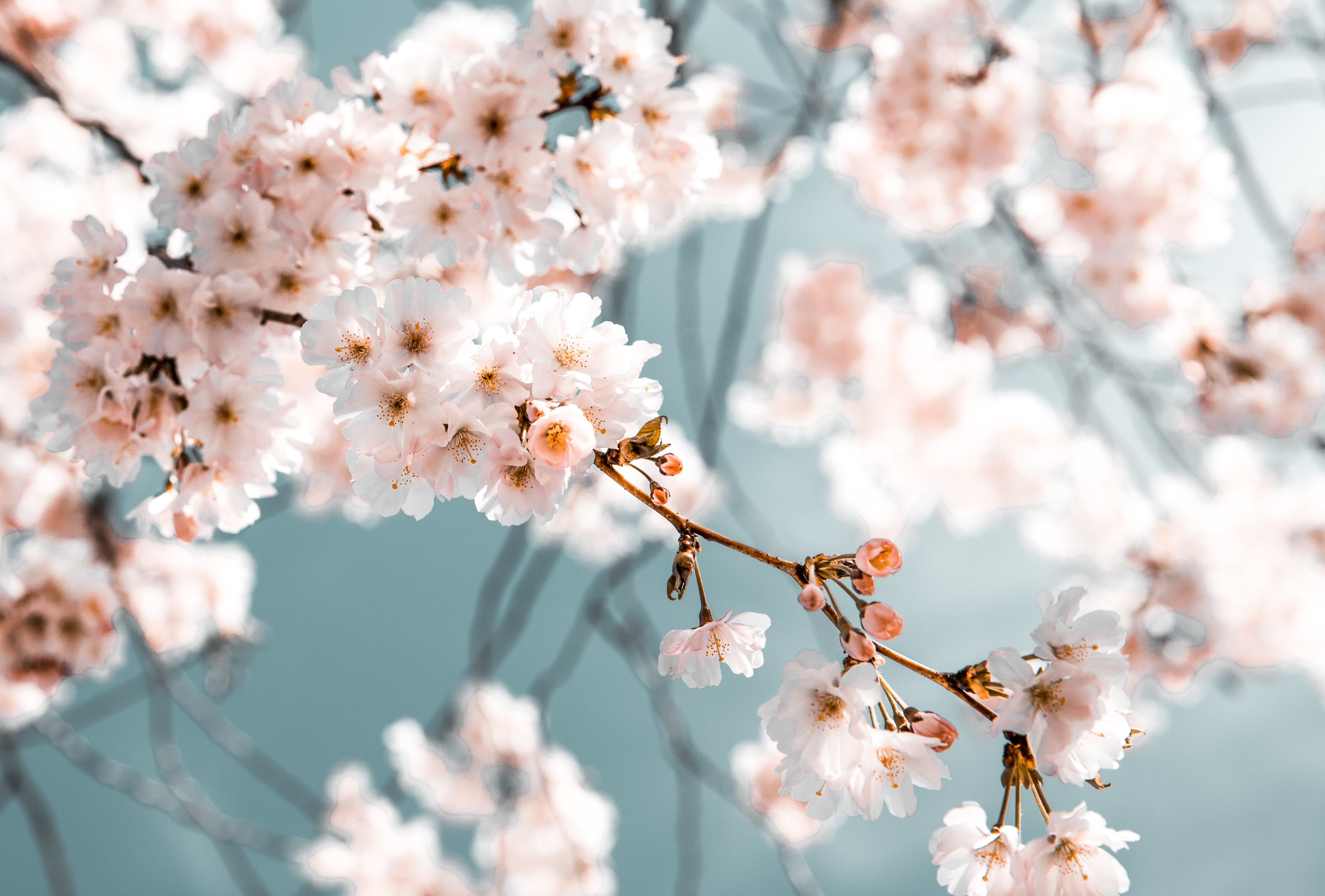
Yesterday, I listened to one of my favorite writers in the entire world, Jhumpa Lahiri, talk to Sam Fragoso about watching her mother die until she was no longer there, like a flower that had finally withered away.
Then I discovered Weyes Blood, found on the latest podcast episode with Sam Fragoso and watched and listened to the latest song on YouTube: “God Turn Me Into a Flower.” It seems to be a montage of humanity in the last several decades in our country (USA)—anguish, beauty, joy, sadness, sickness, death, and violence.
What bittersweet synchronicity.
We are all flowers.
Delicate, and here for only but a short time.
We are all flowers.
What will we leave behind?
“God Turn Me Into A Flower”
Jhumpa Lahiri on Why She Writes:
“If I want to understand what moves me, what confuses me, what pains me—everything that makes me react, in short—I have to put it into words. Writing is my own way of absorbing and organizing life. Otherwise, it would terrify me, it would upset me too much.
What passes without being put into words, without being transformed and, in a certain sense, purified by the crucible of writing, has no meaning for me. Only words that endure seem real. They have a power, a value superior to us.”
This quote made me weep. It’s why I write, why I journal, a way to process grief, unprocessed emotions, instead of repressing them or acting out in an Incredible Hulk sort of way that consumes yourself and hurts others in your path. Writing is a way to reduce chronic stress, which as I’ve learned recently reading Dr. Gabor Mate’s WHEN THE BODY SAYS NO, is one of the reasons many people fall prey to disease and illnesses such as cancer, ALS, MS and more. As a person who has struggled with people pleasing and being nice for most of my life, I’m learning more each day that when you can’t say no, your body will say no for you.
We are all flowers. We are delicate, we are beautiful, we are strong.
We are all flowers. We are destined to fade away.
What will we leave behind?
0 Comments